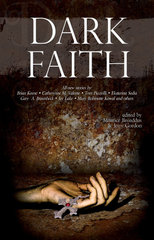Short Fiction Review #31: Interzone Issue #229 July-August 2010
 The lead story for the July/August issue of Interzone (the cover of which has nothing to do with its contents, serving instead as a panel for a
The lead story for the July/August issue of Interzone (the cover of which has nothing to do with its contents, serving instead as a panel for a complete artwork comprising all the issues in 2010) is “Mannikin” by Paul Evanby. The story opens in July 1776, the date of American declared independence from British colonial rule (sidenote: the writer is Dutch and the magazine is published in the U.K.). But this isn’t about Ben Franklin or Thomas Jefferson, and doesn’t even take place in the colonies, but rather signifies the irony of a revolution that resulted in freedom for white Protestant male landowners who relied on the exploitation of African-American slaves to maintain economic autonomy.
complete artwork comprising all the issues in 2010) is “Mannikin” by Paul Evanby. The story opens in July 1776, the date of American declared independence from British colonial rule (sidenote: the writer is Dutch and the magazine is published in the U.K.). But this isn’t about Ben Franklin or Thomas Jefferson, and doesn’t even take place in the colonies, but rather signifies the irony of a revolution that resulted in freedom for white Protestant male landowners who relied on the exploitation of African-American slaves to maintain economic autonomy.
The title refers to artificial creatures fashioned using 18th century pseudo-scientific notions of “animalcula” blowing about in the atmosphere that contain the essence of life; the male reproductive system somehow absorbs these animalcula (beware windy days!) to power sperm production. Consequently, the “man”-nikins are entirely male, produced like fermented spirits out of barrels.
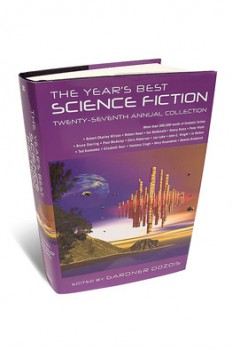 Over at The Wall Street Journal,
Over at The Wall Street Journal, 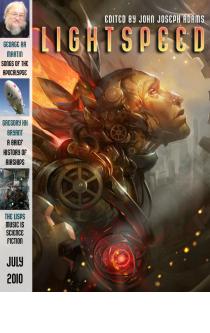
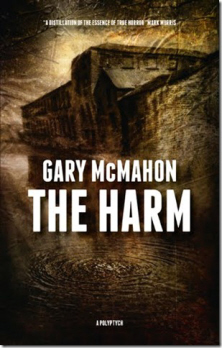 TTA Press
TTA Press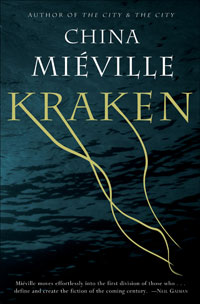 Check out
Check out 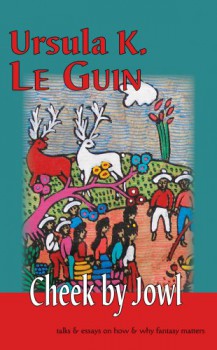
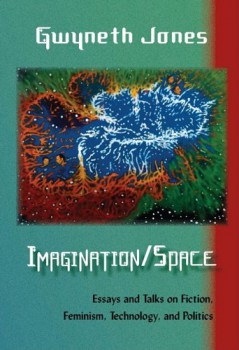 For all those recovering English majors interested in science fiction criticism, you might want to check out
For all those recovering English majors interested in science fiction criticism, you might want to check out 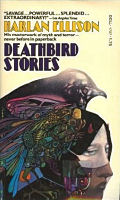
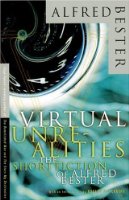
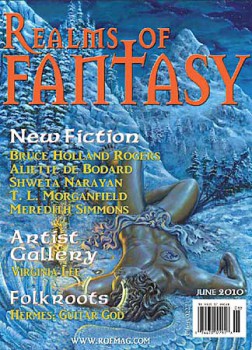 While
While 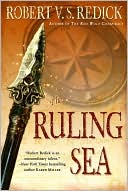 Right now, I’m about a quarter of the way into
Right now, I’m about a quarter of the way into 